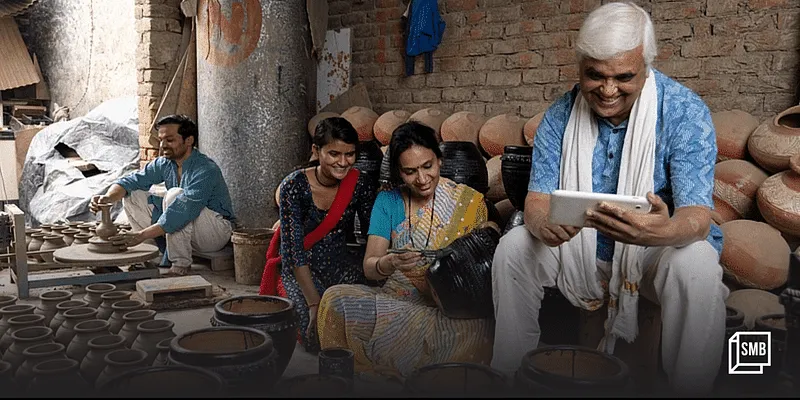How the new normal has impacted the business style of MSMEs
The MSME sector was undeniably impacted by the new normal and had to change its business practices by embracing new trends and technologies. The changes will last even after everything returns to normal.
The COVID-19 pandemic has wreaked havoc across all industries, including micro, small, and medium-sized businesses (MSMEs).
Since its inception, the MSME sector has been immensely bestowed with respect to entrepreneurship evolution, particularly in the semi-urban and rural areas of India. MSMEs have always been a significant contributor to the nation’s socio-economic development. As a result of its participation in the nation’s gross domestic product, the industry has grown exponentially over time. However, the harsh blow of COVID-19 has forced the industry to fight for survival and overcome the challenges that have impacted it.
Effect of COVID-19 pandemic
The MSME sector was one of the most susceptible sectors during the pandemic because of its size, scale, and availability of financial resources. The untested shutdown halted business activity in the MSME sector and mounted obstructive shocks in the form of job losses and reduced income generation, production, and supply. However, to stay afloat with the challenges, the MSME sector has restructured the process of doing business by adopting digital transformation and innovations that have served as blessings in disguise. Hence, the new normal has laid the groundwork for the future.
To overcome the challenges posed by the COVID-19 outbreak, enterprises such as MSMEs underwent various transitions by adopting a digital path and new business strategies in line with the new normal.
Emerging digital technologies are making it easier for businesses to manage their operations and provide better customer service. Adoption of these technologies is essential in order to gain timely financial insights and remain competitive.

The way forward in the new normal
The MSME sector was undeniably impacted by the new normal and had to change its business practices by embracing new trends and technologies. The changes will last even after everything returns to normal.
Modern technology and digitisation have grown to be the century’s most powerful forces. Every industry recognises the importance of digitisation and the benefits of adopting technology.
In response to the need, Indian MSMEs have acknowledged the significance of digitisation. Many businesses have also embraced the trend in order to reach out to customers and capitalise on digital technologies. In addition, enterprises have launched their online stores. Numerous online players have used technology to simplify the purchasing process for first-time buyers by incorporating features such as voice assistants with a localised interface. Along with this, several companies have collaborated to gain significant influence in the MSME industry. Furthermore, many platforms are encouraging digital payments by offering rewards, discounts, and cashback options to reduce reliance on the cash-on-delivery system.
In this scenario, as a result of the rise of online shopping, the e-commerce industry has redefined customer experience by emphasising the provision of an in-store experience like in a mall. This involves sending tailored emails, evaluating the behaviour of customers, and making personalised suggestions based on their demands and needs. Big data is also used to recommend related products. In order to seize the opportunity for long-term growth, e-commerce businesses have also improved their capacity to support more sellers and the structural shift in customer behaviour.
Numerous industries have risen in response to the new norm, and the gifting sector is no exception. A growing number of consumers are placing a premium on purchasing gifts that are specifically meant to make loved ones feel special and strengthen personal bonds, which has resulted in the rapid growth of personalisation in the gifting industry. As requests poured in, e-commerce upped the ante by streamlining logistics and expanding its workforce to handle the influx. Market participants can now plan, manufacture, and deliver finished goods in record time thanks to growing digitisation and advanced manufacturing techniques and technology. Owing to these factors, the gifting market in India is expected to reach $159 million in 2025, according to Tech Sci Research.
The idea that there are no breaks from going digital is gaining traction. Those who miss the train will either perish or ride a rough, uphill path.
Edited by Swetha Kannan
(Disclaimer: The views and opinions expressed in this article are those of the author and do not necessarily reflect the views of YourStory.)








